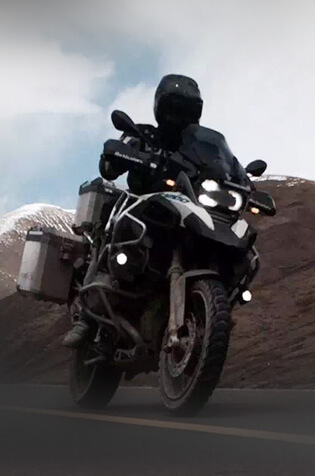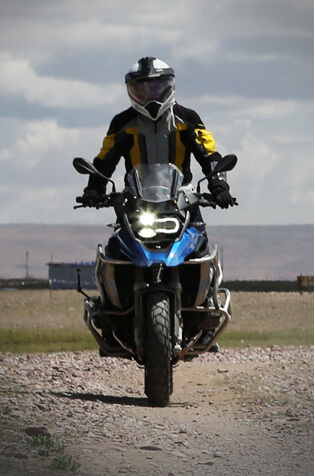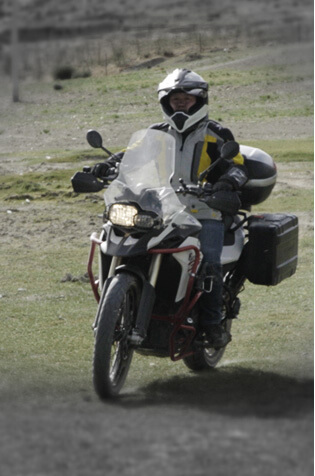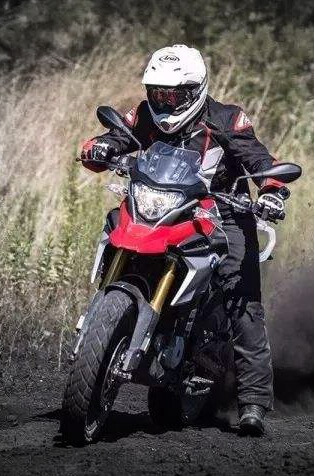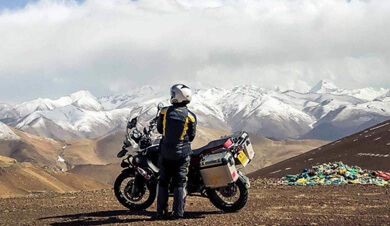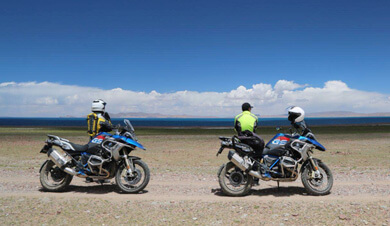About the tour
1.Environment: Tibet is culturally and spiritually rich and it possesses unparalleled natural beauty. Its ancient cultures can still be felt and seen throughout the plateau given that many regions within Tibet remain undeveloped. As such, hotels accommodations are moderate, water can be scarce at times and electricity is not always reliable and/or available in all areas. This tour has been designed to offer a variety of natural and cultural highlights that provide an amazing travel experience. The demanding itinerary calls for long distances on challenging road conditions. Thus, participants must possess an intermediate to advance skill level.
2. Health concerns: Due to Tibet's high altitude, participants are encouraged to obtain a comprehensive physical examination as well as get plenty of rest and sleep prior to traveling to Tibet. Abstaining from tobacco and alcohol use is also recommended before the commencement of trip in order to prevent upper respiratory infections.
3. Items of daily use: Personal First Aid items are recommended such as sun screen, lip sun screen, lip balm, antiseptic cream, anti-diarrhea medicine and broad spectrum antibiotics (participants must contact their doctor). Given that temperatures can range greatly from morning to evening, long-sleeve clothes, a wool sweater, and a jacket are recommended in addition to sunglasses and a sun hat.
4. Road conditions: Landslides as well as rock and mud slides occur from time to time during Tibet's rainy season. A full or partial refund will not be issued when the itinerary is interrupted by weather conditions or natural disasters.
5. Culture: Participants are expected to be mindful and respectful of the local culture and traditions. Participants must walk clockwise when visiting temples, chapels, pagodas and similar structures. When in doubt, please consult your guide prior to engaging in a culturally or spiritually sensitive activity.
6. Safety issues: Tibet is considered a safe place with friendly inhabitants; however, it is recommended that participants be aware of their surroundings and guarding their personal belongings. Exploring areas in pairs or as a group is advisable to avoid unforeseen dangers.





